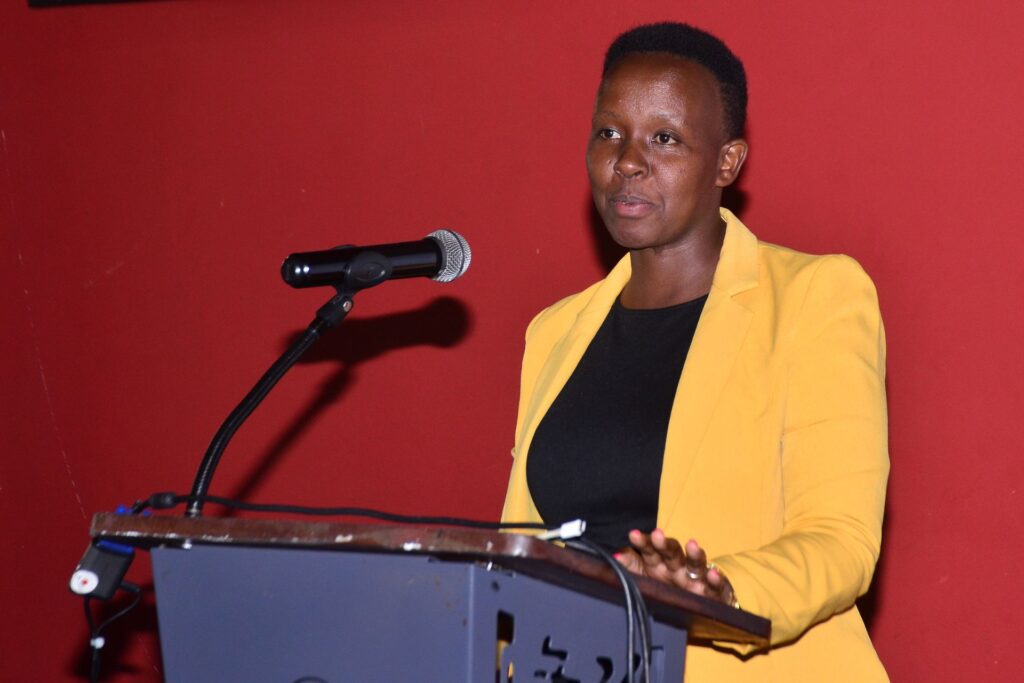By Winnie Ali I aliwinnie@gmail.com
Overwhelming negativity, excessive coverage of politics, and little actionable information have been cited as the cause of news fatigue globally, leading many to lose interest in traditional news broadcasts globally.
This was evident during a media café hosted by Media for Environment, Science, Health and Agriculture (MESHA) in Nairobi, in collaboration with Science Africa, where journalists were challenged to embrace solutions journalism.
Speaking at the event in Nairobi, Caroline Karobia, the Africa Manager at Solutions Journalism Network, urged media practitioners to focus more on stories that highlight responses to pressing societal issues, particularly on sexual and reproductive health.
“We have enough stories about problems. What people are hungry for are stories that show what’s working and how,” said Ms Karobia.
Her call to action comes at a time trust in media is steadily declining. According to the 2024 Digital News Report by the Reuters Institute, 39 per cent of global news consumers avoid the news altogether because they find it too negative.
Of those polled, 43 per cent felt there was too much politics, while 36 per cent said news negatively affected their moods. Up to 17 per cent said news content often led to conflict they would rather avoid.
The situation is no different in Kenya. The Media Council of Kenya’s 2023/2024 report found that 22 per cent of Kenyans surveyed said they did not watch news at all. Concerns cited included the spread of fake news and a general sense of distrust in mainstream media.
Emily Chebet, a Citizen TV journalist, echoed Karobia’s call. “News has become depressing. I’ve had people stop me and ask why our station keeps airing so many sad stories,” she said.

Ms Chebet confirmed that typical news bulletins led with tragedy. “The first five stories are usually about death, violence, or disaster. By the time we get to sports or business, people are already emotionally drained,” she added.
Solutions journalism offers a way forward. Unlike traditional reporting that often ends with a problem, this approach goes a step further to explore how individuals, communities, or institutions respond, and whether those responses make a difference.
Ms Karobia said this form of journalism does not sugarcoat reality, but instead provides a more complete picture. “It is about rigorous reporting that not only shows what’s broken, but also what’s being done to fix it,” she said.
Get the Presentations from MESHA’s Science Café: Framing Reproductive Health Stories Through Solutions Journalism and Lived Reporting Experiences here.






